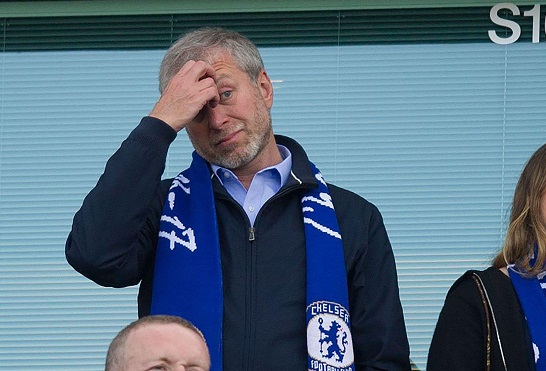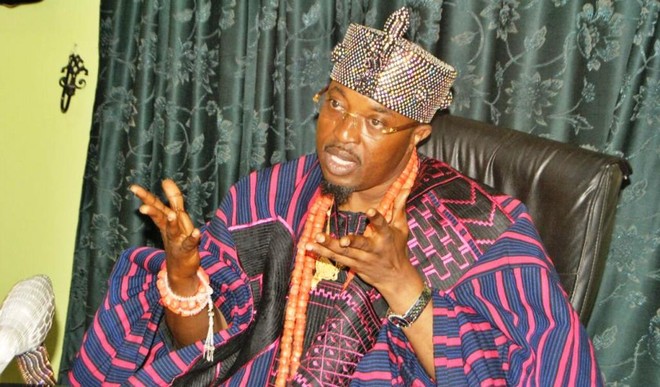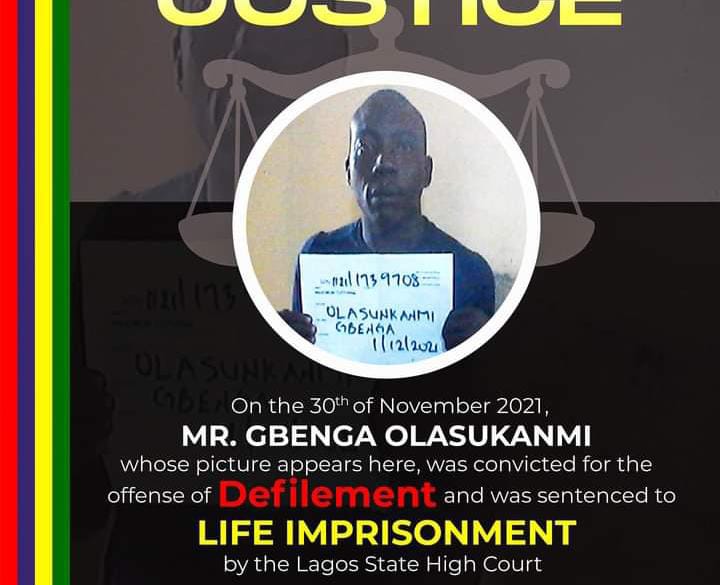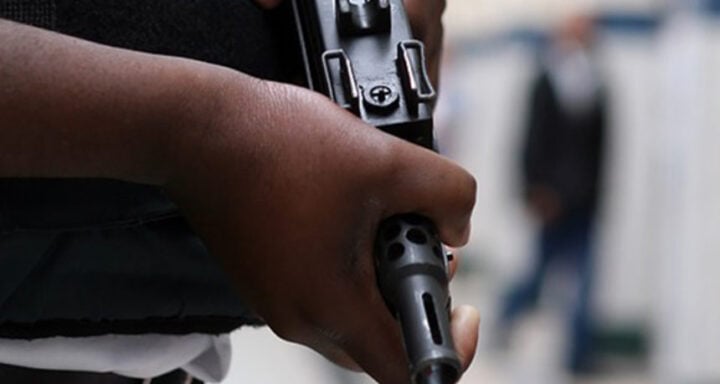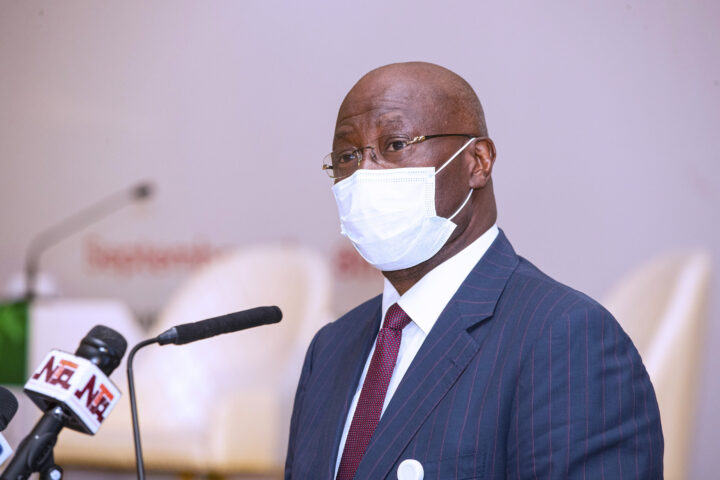EXPLAINER: Transfer embargo, no contract renewal... how UK's sanction on Abramovich affects Chelsea (Photo credit: Alarmy)
On Thursday, Roman Abramovich, Chelsea FC owner, was slammed with sanctions by the UK government, as all his assets, including the football club, were frozen over his perceived connection with President Vladimir Putin.
Abramovich was penalised alongside six other Russian oligarchs in what the UK government described as a “£15 billion sanction hit” with the intent “to isolate Putin and those around him.”
The other targeted oligarchs are Oleg Deripaska, who has stakes in En+ Group; Igor Sechin, chief executive officer of Rosneft; Andrey Kostin, chairman of VTB bank; Alexei Miller, CEO of Gazprom; Nikolai Tokarev, president of Transneft; and Dmitri Lebedev, chairman of the board of directors of Bank Rossiya.
TheCable examines how the sanction, which comes a few days after the 55-year-old had put up the club for sale, will directly affect Chelsea FC.
Advertisement
Fixtures to continue as usual
In a tweet, Nadine Dorries, UK’s secretary of sports, said Chelsea had been granted “a special licence” that allows the club to continue playing all matches as scheduled, pay staff salaries and allow existing ticket holders to attend games.
“To ensure the club can continue to compete and operate, we are issuing a special licence that will allow fixtures to be fulfilled, staff to be paid and existing ticket holders to attend matches while, crucially, depriving Abramovich of benefiting from his ownership of the club,” her tweet read.
Advertisement
However, travel costs for away games have been capped at £20,000 per match, and the cost of security, catering and stewarding for home matches capped at £500,000 per game.
No further sales of tickets or merchandise
Sales of tickets for home games are now barred. However, tickets acquired before March 10 are still valid.
This could mean away fans might not be able to attend games at Stamford Bridge while Chelsea fans are shut out of away games.
Advertisement
Also, Chelsea cannot directly sell club merchandise as all the shops are now shut. However, fans can still buy merchandise from third parties with existing stock, but not directly from the club.
Matches will be broadcast
Matches featuring Chelsea will still be broadcasted, with the club still getting the revenue, but the money must be frozen. The caveat is bound to affect how the club offsets its bills if it cannot access broadcast money which is a major source of buoyancy for football teams.
Transfer embargo
Advertisement
The licence term prohibits The Blues from buying or selling a player until it runs out on May 31.
This is effectively another transfer ban similar to the one the club suffered three years ago.
Advertisement
However, The Blues can pay and receive funds for transfers and loans agreed upon before March 10.
No renewal of contracts
Advertisement
The club is also barred from entering into contract renewal with current players.
That means Chelsea might lose important players like Cesar Azplicueta, Andreas Christensen and Antonio Rudiger, whose contracts are whose existing deals all expire at the end of the season.
Advertisement
The club could still be sold
The sale of the club effectively has been stalled by the sanction, but it could go through with a new license from the government, which will ensure that Abramovich doesn’t benefit from the sale.
A statement from the government reads: “While the current licence does not permit the sale of the club at this time, the Government is open to a sale of the club and would consider an application for a new licence to allow for a sale.
“Proceeds from any sale could not go to the sanctioned individual while he is subject to sanctions.”
When will the sanctions be lifted?
It is unclear when Abramovich’s sanction will be lifted because it was in place due to Russia’s ongoing invasion of Ukraine.
With the onslaught still ongoing and all forms of pacification hitting walls, the duration of the sanction remains uncertain.
However, the embargo will be reviewed in May, and it can lead to stiffer measures if the war has not ended by then.
